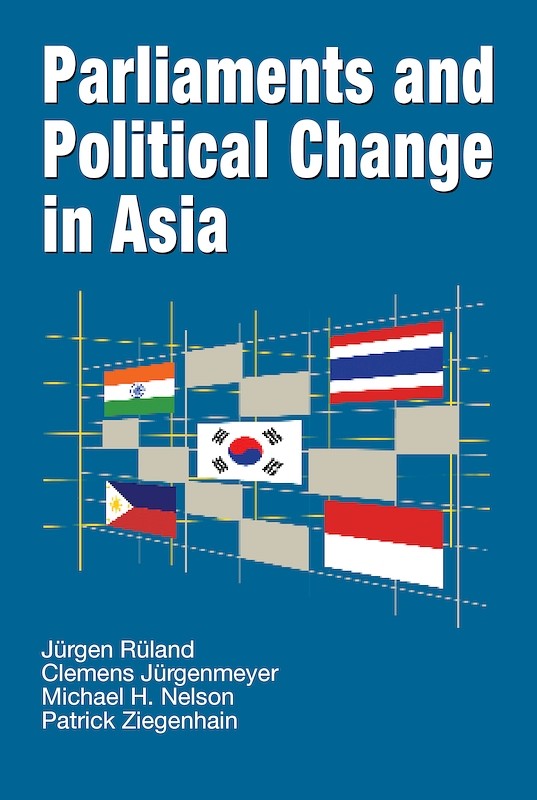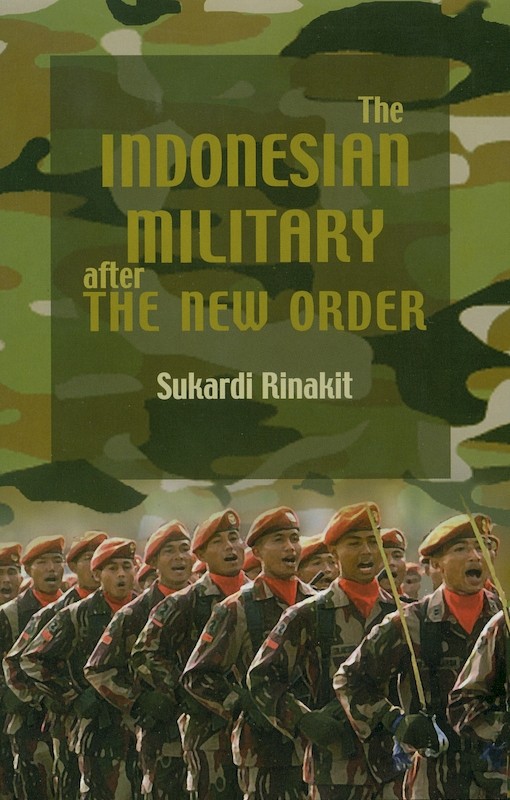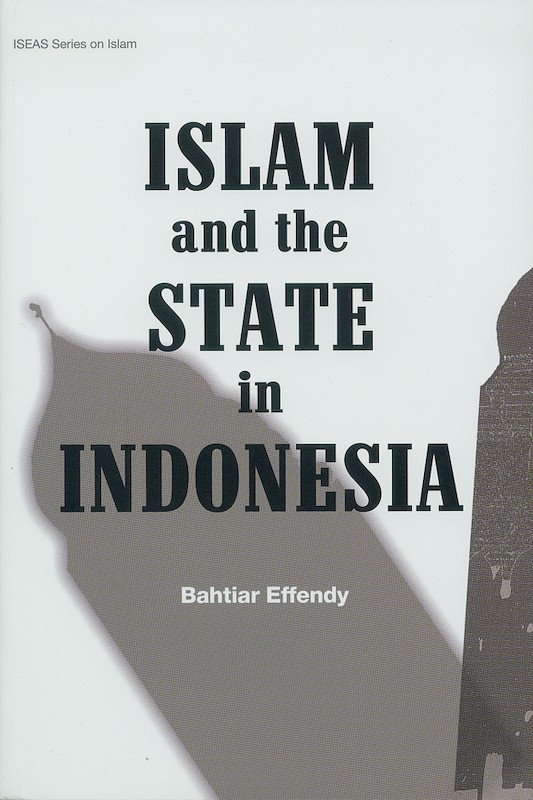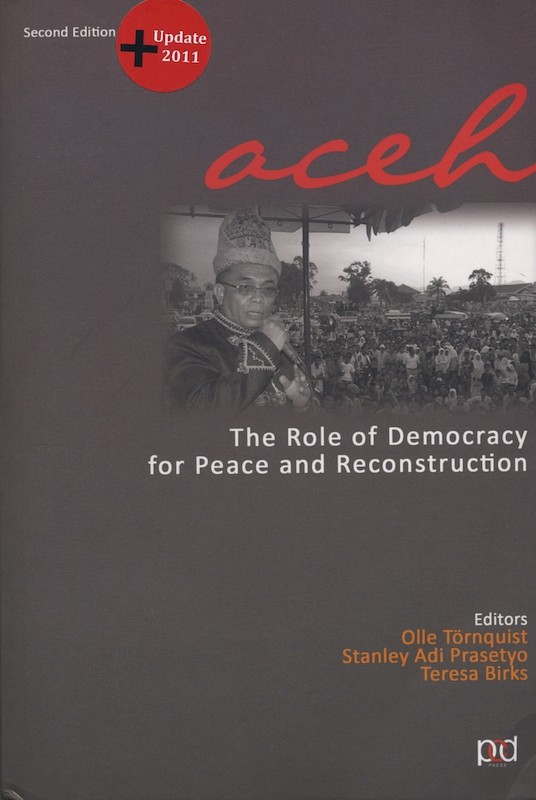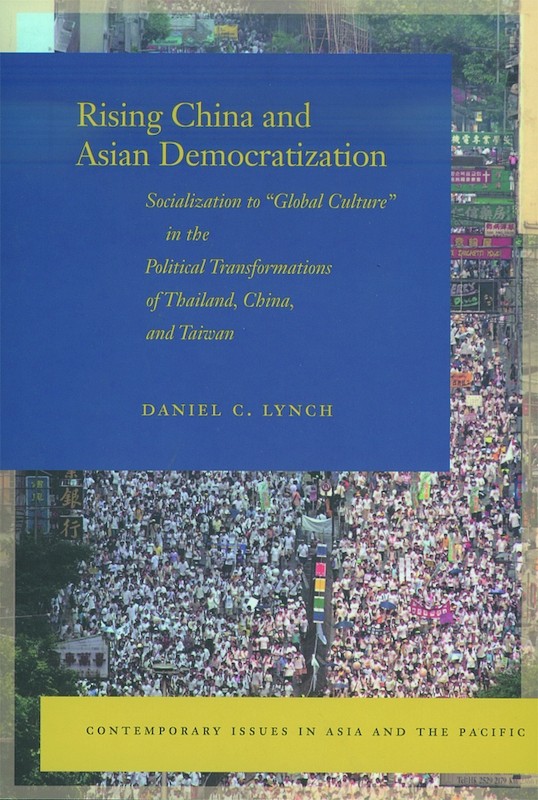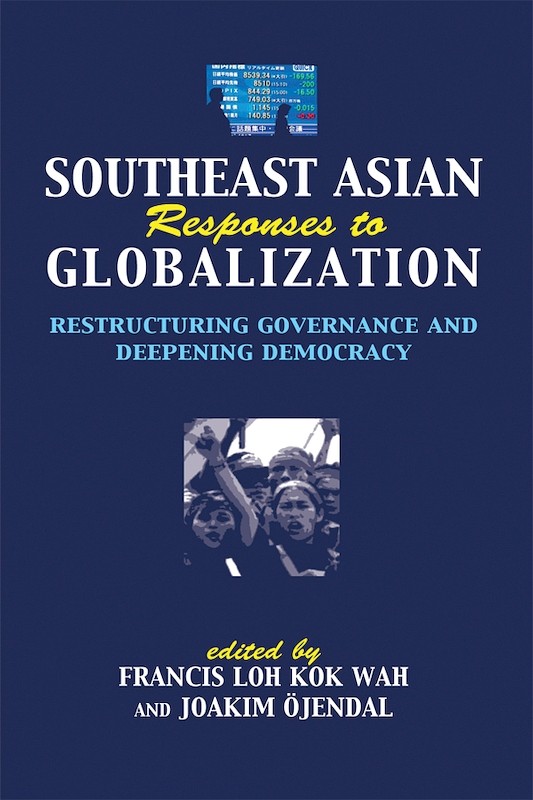The Indonesian Parliament and Democratization
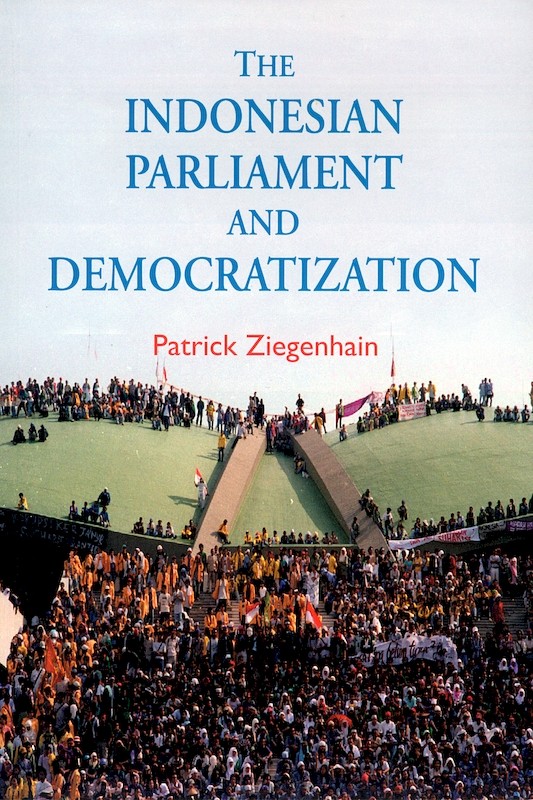
About the publication
Democratization in Indonesia has altered the political decision-making processes in many ways. It has also brought about tremendous change to the role of the Indonesian parliament in the country's political system. Once characterized as a powerless rubber stamp, the parliament has developed into a comprehensive and more representative body able to fulfil its functions more adequately.
In the literature on democratic transition, the impact of parliaments on regime changes and on the democratic reorganization of the most important state institutions and regulations is usually neglected. In the Indonesian case, however, the national parliament was one of the most decisive actors and is therefore the focus of this book.
The author analyses the parliament's contribution towards the process of democratization. Thus, this book contributes not only to research on the Indonesian democratization process, but also to the comparative research on parliaments in transition processes in general.
In the literature on democratic transition, the impact of parliaments on regime changes and on the democratic reorganization of the most important state institutions and regulations is usually neglected. In the Indonesian case, however, the national parliament was one of the most decisive actors and is therefore the focus of this book.
The author analyses the parliament's contribution towards the process of democratization. Thus, this book contributes not only to research on the Indonesian democratization process, but also to the comparative research on parliaments in transition processes in general.
Contents
-
The Indonesian Parliament and Democratization
-
Preliminary pages
-
1. Introduction
-
2. Parliaments and Democratization
-
3. Rubber Stamp? The Role of the Parliament during the Last Year of the Presidency of Suharto
-
4. The Awakening: The Role of the Parliament during the Presidency of B.J. Habibie
-
5. Power Broker: The Role of the Parliament during the Presidencies of Abdurrahman Wahid and Megawati Soekarnoputri
-
6. The Parliament between 1997 and 2004: Changes and Continuities
-
7. Conclusion and Perspectives
-
References
-
Index
-
About the Author

